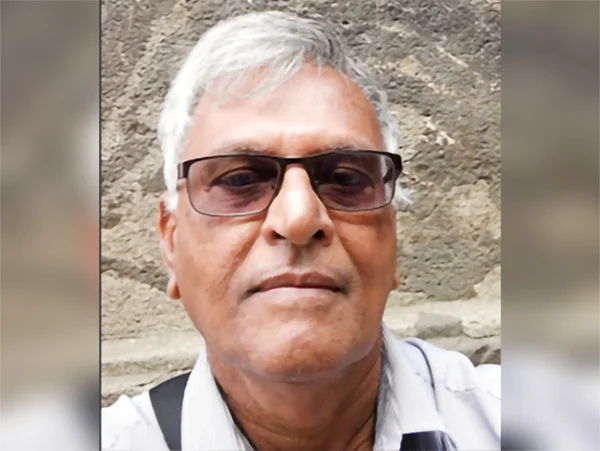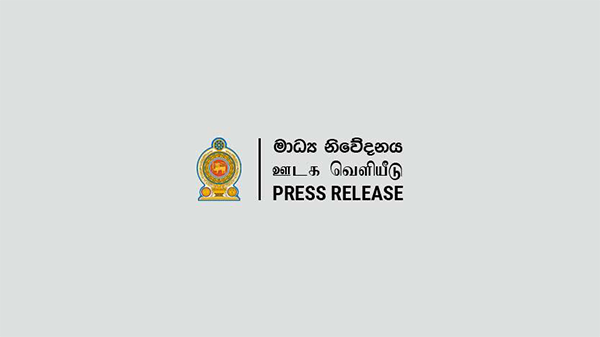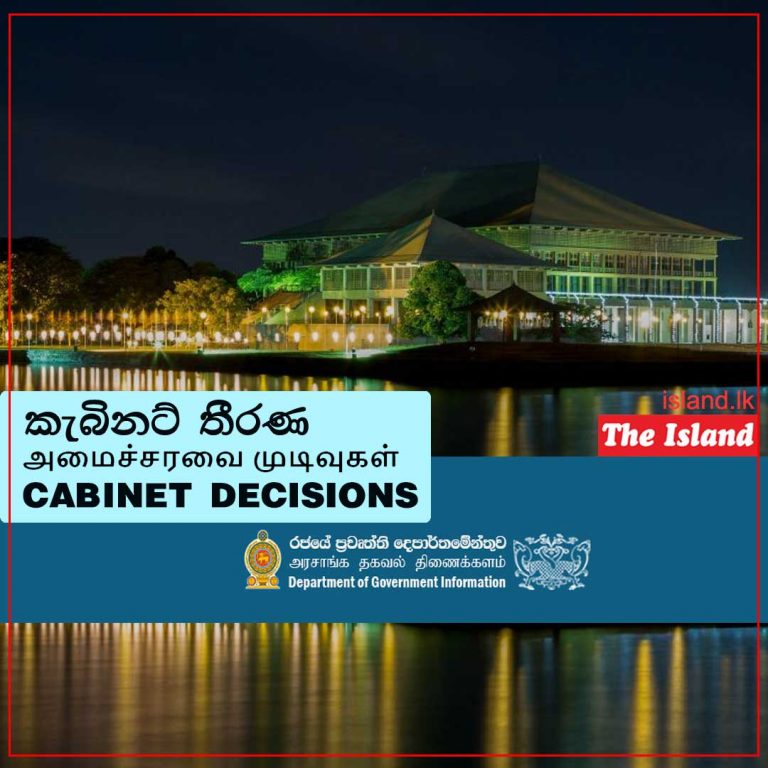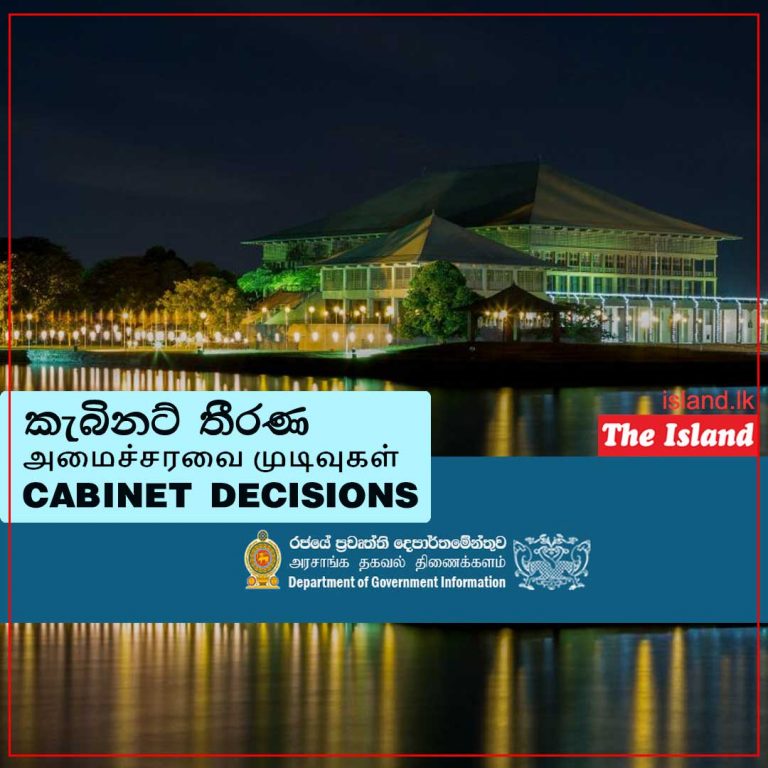News
It is possible to ensure grid stability and increase solar power generation – Expert

Countrywide blackout on 09 Feb:
by Ifham Nizam
Sri Lanka’s transition into renewable energy (RE) is at a critical juncture, with solar power playing a pivotal role in achieving the country’s goal of 70% renewable energy by 2030. However, challenges in policy implementation and grid integration continue to hinder progress, according to renewable energy expert Eng. Parakrama Jayasinghe.
In response to a query, Jayasinghe said acceptance that RE was the only way forward was the first step. “They can then have an attitude of facilitation rather than obstructions currently faced by all RE developers. If they are honest, they will realise that it is financially and economically advantageous for them to take this path with hardly any capital expenditure. Eliminating the use of oil will save the CEB Rs. 110 billion a year and USD 850 million to the country,” he added.
Eng. Jayasinghe said rooftop solar panels were the most cost-effective and quickest way to expand Sri Lanka’s renewable energy mix. “It has no cost to the CEB, and consumers themselves are investing, making the energy sector more democratic,” he said, warning that without battery storage, solar energy remained variable and non-firm.
“The world has already found solutions to optimize the use of this environmentally friendly and forex-free energy. It is the duty of the CEB to adopt these solutions, which they have ignored year after year,” Jayasinghe said.
One of the main hurdles in scaling up solar power is its availability only during daylight hours. “The easy answer is behind-the-meter storage batteries,” says Eng. Jayasinghe. He believes that if the CEB offers a fair tariff for stored solar energy, private developers will readily adopt storage solutions at their own cost.
Another major concern is grid stability, particularly the reduction of spinning reserves when thermal and hydro plants operate at lower loads to accommodate solar power. However, Eng. Jayasinghe suggests a straightforward fix: “Running hydro and gas turbines at Kelanitissa as synchronous condensers can provide the required inertia at minimal cost and can be implemented quickly.”
Latest News
Food Policy and Security Committee recommends importation of rice to ensure an uninterrupted supply

The Food Policy and Security Committee has recommended the importation of rice in the near future to ensure an uninterrupted supply for consumers.
A notable increase in rice prices has been observed in the market, along with reports of shortages of certain rice varieties, despite the current harvest season.
Given this situation, discussions were held regarding the need for the Cabinet to prioritize the maintenance of sufficient stock, through rice imports.
The Committee, chaired by Minister of Agriculture, Livestock, Lands and Irrigation K.D. Lalkantha and Minister of Trade, Commerce, Food Security and Cooperative Development Vasantha Samarasinghe, convened for the fifth time at the Presidential Secretariat on Tuesday (01). The meeting aimed to formulate policy decisions to ensure food security.
During the discussions, it was revealed that due to excessive rainfall this year, crop damage occurred on two occasions, leading to a significant reduction in the expected harvest.
Furthermore, during the meeting it was stated that the improper use of rice for animal feed is another major reason contributing to the rice shortage. As a result, the Committee also focused on the importation of broken rice for animal feed and the use of alternative feeds to mitigate the impact on livestock production.
Accordingly, the Food Policy and Security Committee approved the formation of a Committee, led by the Director General of Agriculture, to oversee the importation of the required quantity of broken rice through proper mechanisms.
Secretary to the Prime Minister Pradeep Saputhanthri, Senior Additional Secretary to the President Kapila Janaka Bandara, and other members of the Food Policy and Security Committee, including Ministry Secretaries, participated in the discussions.
News
Cabinet approves providing relief to the people of Myanmar

The People of Myanmar are facing immense hardships caused by the devastating earthquake on 28th March and as reported by the international media reports the death toll is over 2,700. Furthermore, it has been reported that many people are missing while, a large number of individuals have been injured and are receiving treatment.
Considering the long – term close relationship between the two nations as two Buddhist states, the Cabinet of Ministers has decided to provide,
• A sum of United States Dollars One Million
• Transportation for the dry rations collected by Buddhist clergy and other donors
• To have a group of medical officers and health staff on standby for immediate departure to Myanmar if necessary
Latest News
Cabinet appoints ministerial committee to submit report on sanctions imposed on 04 Sri Lankans by the United Kingdom

Attention of the Cabinet of Ministers have been drawn on the decisions taken by the United Kingdom to impose sanctions on four Sri Lankan individuals recently, and have decided to appoint a committee comprised of three ministers to submit a report with recommendations on the further measures to be taken after studying the facts in the regard and to empower the committee to obtain the service of any officer/intellect deemed to have subject expertise in the relevant field and considered essential.
The committee will comprise of :
– Vijitha Herath Minister of Foreign Affairs, Foreign Employment and Tourism
– Attorney – at – Law Harshana Nanayakkara Minister of Justice and National Integrity
– Aruna Jayasekara Deputy Minister of Defence
-

 Sports4 days ago
Sports4 days agoSri Lanka’s eternal search for the elusive all-rounder
-

 News3 days ago
News3 days agoBid to include genocide allegation against Sri Lanka in Canada’s school curriculum thwarted
-

 News5 days ago
News5 days agoGnanasara Thera urged to reveal masterminds behind Easter Sunday terror attacks
-

 Business6 days ago
Business6 days agoAIA Higher Education Scholarships Programme celebrating 30-year journey
-

 News4 days ago
News4 days agoComBank crowned Global Finance Best SME Bank in Sri Lanka for 3rd successive year
-

 Features4 days ago
Features4 days agoSanctions by The Unpunished
-

 Latest News2 days ago
Latest News2 days agoIPL 2025: Rookies Ashwani and Rickelton lead Mumbai Indians to first win
-

 Features4 days ago
Features4 days agoMore parliamentary giants I was privileged to know











